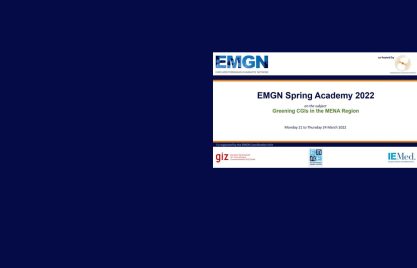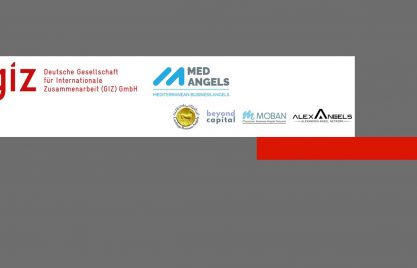Financial inclusion efforts in the MENA region are confronted with the global trend of financial institutions reducing risk exposure related to money laundering and terror financing – Global Policy Forum in Sharm el Sheikh addresses the roles of policy makers
De-Risking – this term describes the global phenomenon of financial institutions pulling out of business relations with countries, institutions and individuals suspect of money laundering or terror financing. They do this as a consequence of uncertainties how supervisors might treat certain business relationships or products in the future, as a result from increased compliance costs, or due to a generally lower risk appetite. The consequences are nothing less than a threat to financial inclusion objectives. They derive from higher-than-needed identification and documentation, obstacles for remittance payments, and unavailability of certain products.
Countries affected by De-risking can be found in the MENA region at different scale, where international correspondent relationships and business relations are suffering from suspicion whether they have needed monitoring and identification capacities as required nowadays to be able to trade and transact internationally. Although the Financial Action Task Force’s (FATF) recommendations explicitly allows risk-based identification and compliance, little effects can be found on the ground yet. On the contrary, policy-makers of the South see themselves forced into this trend by increasing standards beyond the technically necessary.
What could be a role for policy-makers here? Affected countries need a voice, primarily. Central Banks and powerful national policy makers can use their weight to lobby for their sectors and spread information about their standards in order to ease down irrational fears. An active dialogue with the private sector should be part of that, besides an active engagement at the level of the global standard setters. On the side of cross-border transfers, a regional payment systems solution could be a way out and reduce dependence on, for example, European or U.S. banks. Last but not least, the participants of the panel held on 14th of September in Sharm El Sheikh, voiced optimism that technology can ease concerns about identification and monitoring in the mid-term.
A lot remains to be actively pursued by the policy makers. “There are no easy solutions”, as Eric Barbier of TransferTo points out, to ensure “Re-risking”.
By Thomas Rahn



